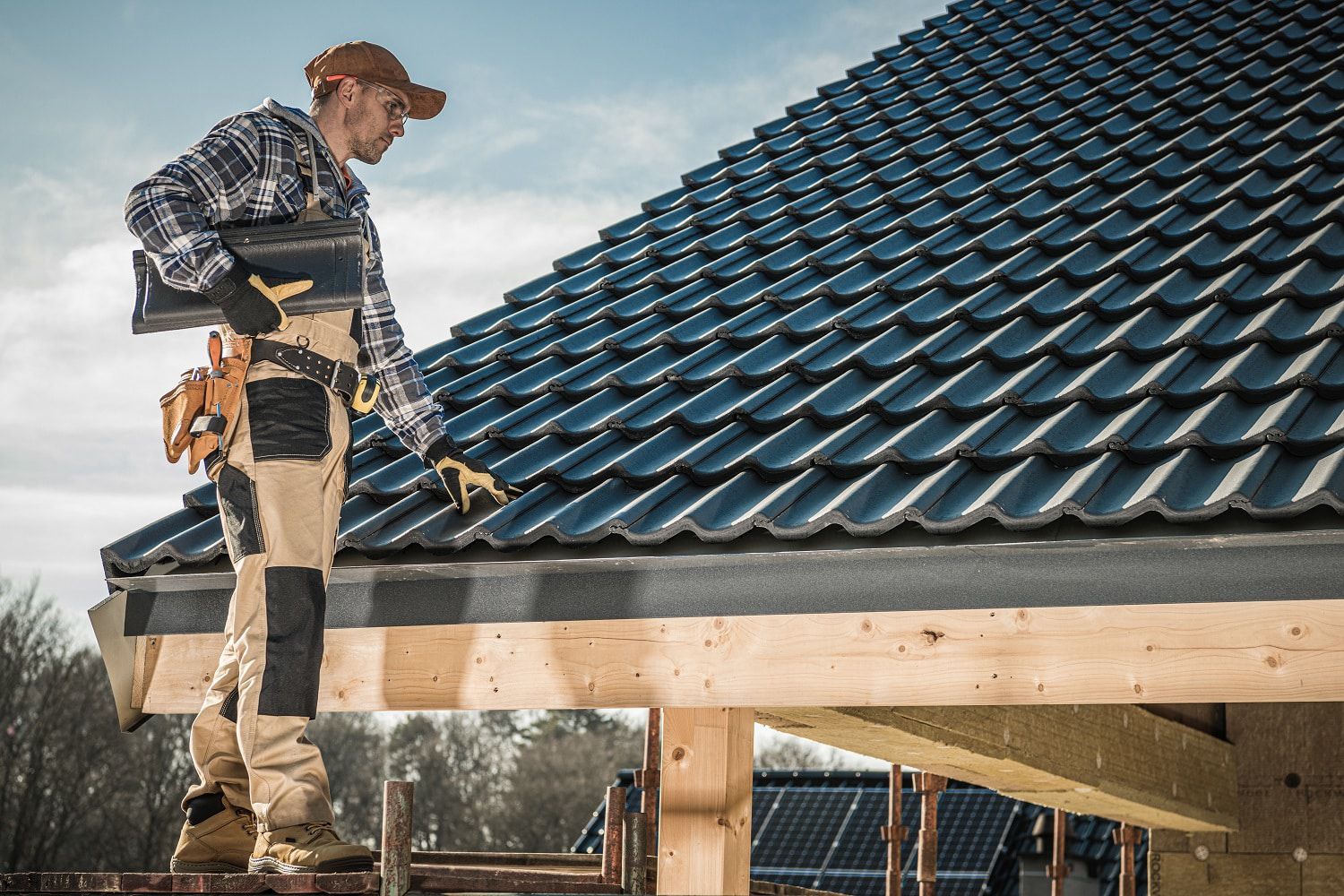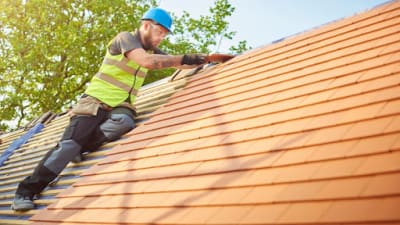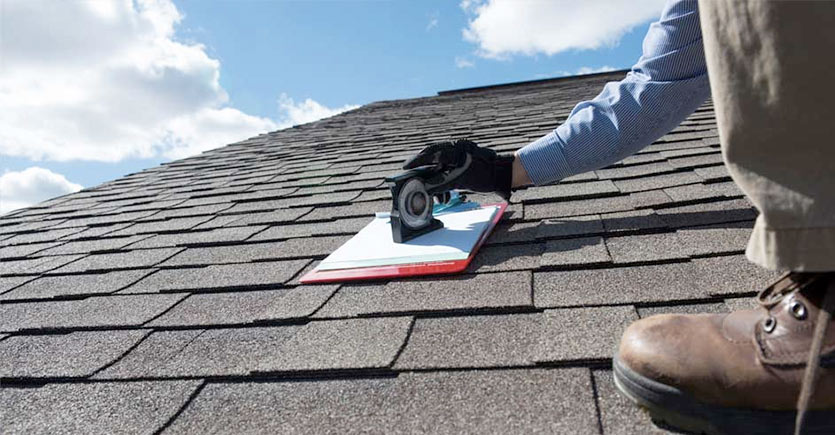How to Assess Different Roof Covering Alternatives for Your Building Requirements
Assessing roof covering choices for your building calls for a detailed technique that thinks about numerous factors such as the planned usage of the framework, neighborhood environment problems, and material features - Roofer. It is crucial to weigh the advantages and downsides of various roofing types, from asphalt tiles to steel and clay ceramic tiles, while additionally factoring in initial costs and long-lasting upkeep.
Assessing Your Building's Needs
To effectively evaluate roofing choices, start by thoroughly examining your building's requirements. Begin by taking into consideration the structure's meant usage, as different frameworks may necessitate varying roof covering specifications. Property roofings typically prioritize looks and insulation, while commercial buildings may concentrate on longevity and load-bearing ability.
Following, evaluate the local climate conditions that will impact roofing performance. Variables such as temperature fluctuations, rainfall levels, and wind patterns can influence product selection and design. A roof covering system that masters a pleasant environment might not carry out as well in locations vulnerable to heavy snowfall or extreme warmth.
Furthermore, examine the structural integrity of your structure. Ensure that the existing structure can sustain the chosen roof materials, especially if considering much heavier options. It is additionally critical to review any kind of local building ordinance or guidelines that might determine details requirements for roofing systems.

Comparing Roof Products
When a detailed assessment of your building's requirements has been completed, the following step involves comparing different roof covering products. Each product uses distinctive advantages and drawbacks, making it crucial to straighten your option with your certain demands and scenarios.
Asphalt tiles are extensively identified for their price and convenience of installation, making them a preferred option for property structures. On the various other hand, steel roofing, known for its resilience and durability, can stand up to extreme weather but might feature a higher first investment.
Clay and concrete tiles provide excellent thermal insulation and visual allure, especially for Mediterranean-style style, yet they call for an even more robust architectural support because of their weight. Timber trembles offer a natural look and great insulation buildings yet might require more upkeep and are vulnerable to fire dangers.
Examining Expense and Spending Plan
Analyzing your roof covering options demands a cautious assessment of cost and spending plan considerations. The general allocate a roofing job comprises a number of variables, consisting of material expenses, labor expenses, upkeep, and prospective long-term savings. It is necessary to establish a clear spending plan prior to checking out details roof covering materials, as this will certainly guide the decision-making procedure and assist you prevent overspending.
Begin by acquiring quotes from numerous contractors to comprehend labor expenses in your area. Make sure that these quotes include all needed solutions, such as removal of the old roof, installation, and any additional features, like insulation or air flow improvements - Roofing Contractor. Next off, examine the price of various roofing products, taking right into account both first installation costs and anticipated life-span

Understanding Energy Effectiveness
Power performance plays a crucial function in the choice of roof covering materials and systems, dramatically impacting both energy usage and total comfort within a building. A well-chosen roofing system can boost thermal efficiency, lowering the need for home heating and cooling down systems, which in turn decreases power bills and reduces ecological effect.
When examining roof options, consider materials that reflect instead than take in heat. In addition, correct insulation and air flow are necessary to enhance the power efficiency of the entire roof covering system.
One more essential element is the roof's long life and maintenance requirements. Sturdy products that require much less regular substitute contribute to long-term power cost savings. The energy effectiveness of a roof system can likewise be analyzed with its compliance with recognized sustainability rankings such as ENERGY CELEBRITY or LEED.
Considering Visual Appeal
A roof's aesthetic allure considerably influences the general look of a building, enhancing its architectural style and boosting over here curb appeal. Roofing Contractor. When evaluating roof options, it is vital to think about exactly how the picked product, shade, and design will integrate with the existing framework and community. A properly designed roof can raise even the easiest of buildings, transforming them right into visual focal points
Different roof products offer different visual top qualities. For instance, traditional tiles might evoke a traditional appeal, while metal roof covering can give a contemporary, streamlined appearance. Furthermore, the shade of the roof covering product plays a vital function; lighter shades can make a building appear even more sizable, while darker tones might develop a cozier atmosphere.
Moreover, architectural elements, such as dormers and eaves, can enhance the roof's aesthetic influence. It is recommended to seek advice from professional developers or designers to guarantee the selected roofing alternative lines up with the general style intent. Ultimately, a roofing system needs to not just provide useful advantages but also contribute positively to the structure's aesthetic, mirroring the proprietor's taste and the character of the surrounding setting.
Verdict

Comments on “Get a expert Roofer to inspect your old roof.”